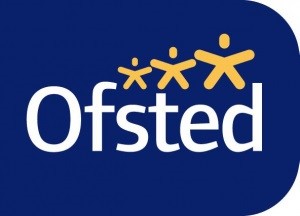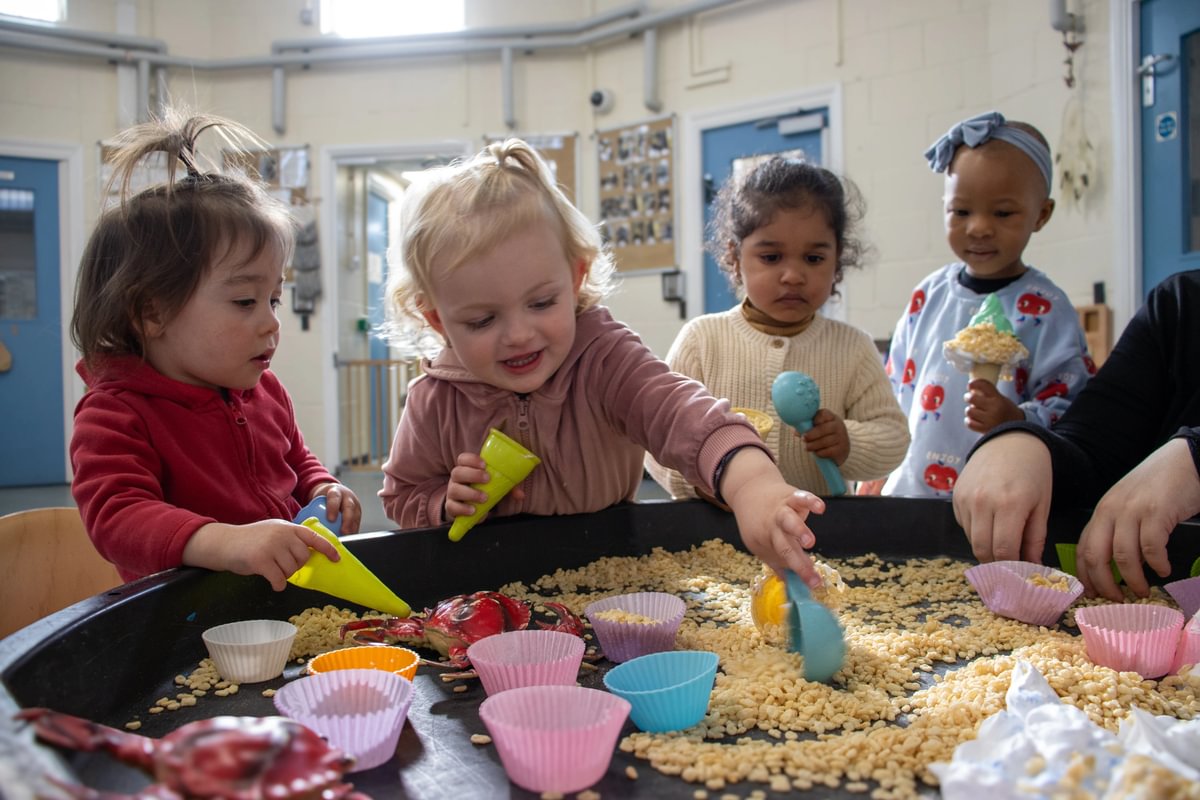
Get Ready for the London OBC
It’s the season of the OBC. They are being held in Bournemouth, Bolton, Guildford, Birmingham, Liverpool, Plymouth… and London is hosting its OBC on Thursday 11th October at Bain &…
September 18th 2019
I rarely say no to an invitation to speak about Early Years in Ireland, and this weekend was no exception. I therefore found myself in Athlone, a small town right in the middle of Ireland, with a castle, a fabulous church, the Sheraton Hotel, some great restaurants and the river Shannon; a combination which must make the Irish Tourist Board job easy.
I was asked to speak by Seas Suas (which means stand up), a group which is led by the formidable Regina Bushell. Ireland is experiencing all the early years issues we are facing, recruitment disaster, inconsistent quality, a funding shortfall and some Government policies which are hard to implement. In fact the morning copy of the Irish Times has an acerbic piece from Weekend columnist Breda O’Brien commenting the funding crisis in schools. Her strapline was schools need to focus on teaching rather than begging! Ah, so familiar!
Ireland has been paying huge attention to early years for the past 15 years, with the focus becoming increasingly child-centred. However while this is the macro perspective, the view from the ground is not quite as aligned challenging policy and practice perspectives about the purpose and nature of early education.
Seas Suas is formed of private providers trying to figure out how best to shift the principle of collaboration up a notch into action mode. The group wanted to hear how we did this on the principle that we can all learn from each other. I thought that telling them the story of the OBC would be a good example of how the sector reshaped what had become a toxic relationship with Ofsted.
The purpose of the message was that it is possible to build a new conversation that creates greater working relationships. So, credit where credit is due, Gill Jones and her Ofsted team were given a positive shout out.
To build a positive conversation my view is that we start with a vision.The OBC agreed a vision of brilliant childcare regulated and inspected by an inspectorate that focused on the areas that matter to high quality. The question that needed ironing out was our agreed understanding of the elements that forms quality, how should that be interpreted by an inspectorate and what evidence would be helpful to demonstrate our knowledge, ability and understanding.
A campaign on a single issue is always at risk when people get sufficiently irate. The way to manage this is to centralise the core elements of the conversation so that the opportunity for people to whinge, go off target or personalise the issues and therefore the conversation are limited. No one will take a sector seriously if it is not clear about the big picture and what needs to change to achieve it.
The issue that Seas Suas want to get more traction on is all around recruitment. Like the UK, recruitment is a huge problem in Ireland, resolved in part by a big campaign to recruit staff from Spain and South America. In some settings 67% of staff are Spanish. This is a short-term solution and retention is tracking at a minimum of 25%. However, the policy that has banned unqualified staff has aggravated the situation and really upset some of the people in the room. I understand this and advocated a more sensible policy with a limit to unqualified staff numbers but a balance of experience, age, gender and qualification. I shared the consequences of trying to micro manage staff recruitment and how it negatively impacts on quality in a recent blog.
The audience included members of the Departments of Youth Affairs and Department of Education, who form these policies. Good luck to Regina and her colleagues convincing them to shift their position on some of these policies. Just look across the sea and learn from our mistakes.
My top tips for Seas Suas and anyone creating a group to campaign are:
* Be responsible to the group, This is not about you!
* Get a shared narrative and stick with it
* Listen actively
* Speak up, don’t hide behind your neighbour
* Use social media to agree strategy and share the story
* Support your views and findings
* Encourage others to join
* Remain objective and calm.
* Show tolerance and respect and control your temper!
What happens when you don’t collaborate is :
* Split in sector and nothing shifts
* The focus becomes fixated on simplistic responses (e.g. qualifications/fees)
* The debate narrows
* We create bunkers
* Funding becomes a place of battle and the war on poor quality gets lost

It’s the season of the OBC. They are being held in Bournemouth, Bolton, Guildford, Birmingham, Liverpool, Plymouth… and London is hosting its OBC on Thursday 11th October at Bain &…

On the 7th April, we held the London OBC and here is a summary for those of you who could not attend. We are trying something new,…

Why the social enterprise model could be the solution to fixing England’s broken childcare system by expanding access to the communities that need it most. England is…